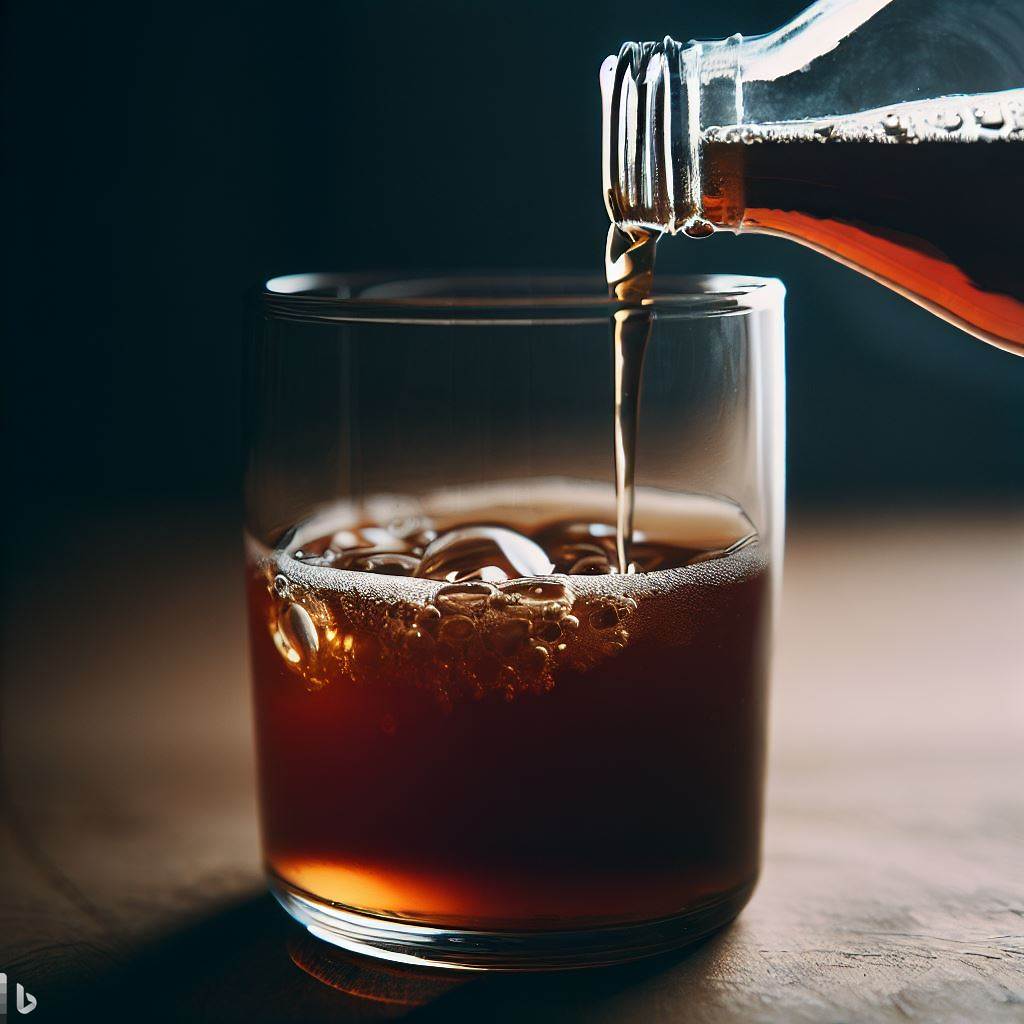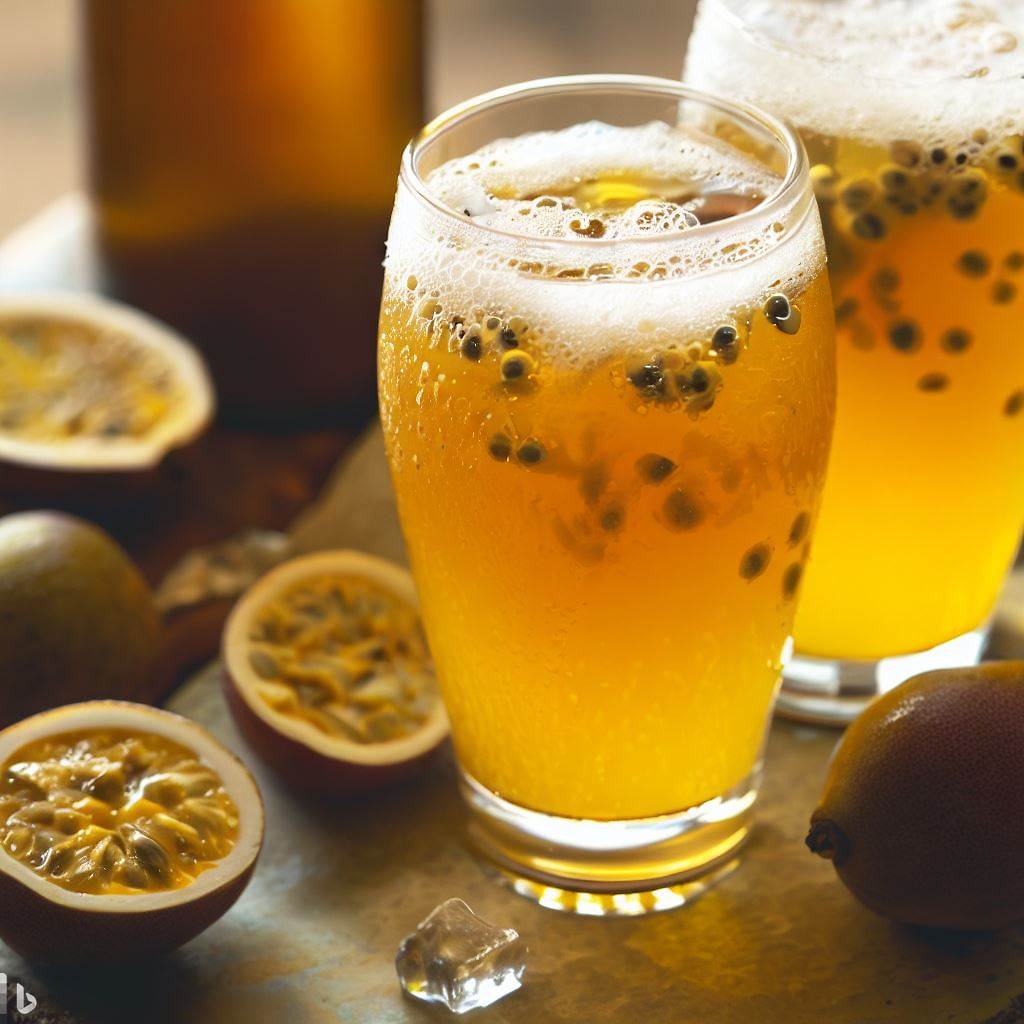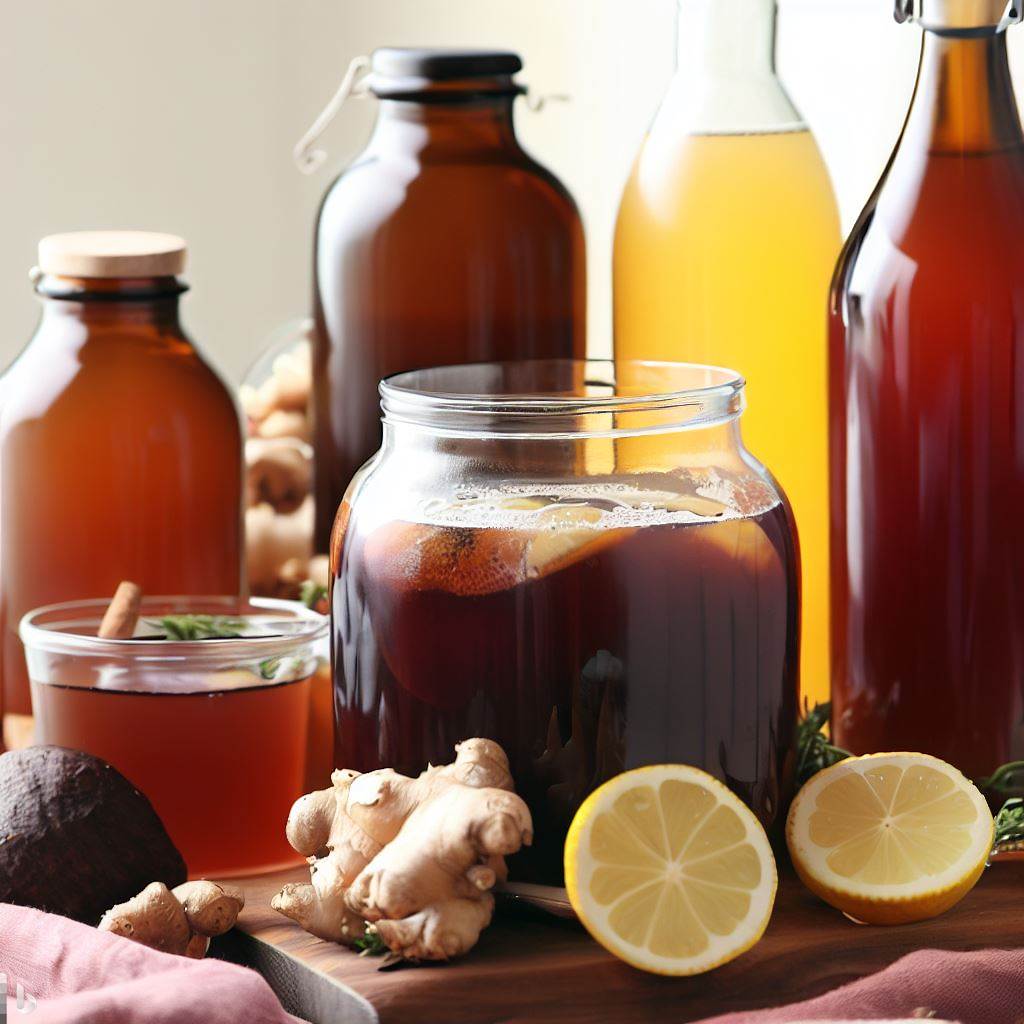One aspect that often raises questions is Kombucha’s alcohol content. After all, is Kombucha Alcoholic? This report aims to provide a comprehensive understanding of the alcohol levels in kombucha and the factors influencing it.
The Fermentation Process and Alcohol Production
The production of kombucha involves a fermentation process, which inherently leads to the creation of alcohol. The process begins with a mixture of tea and sugar, to which a symbiotic culture of bacteria and yeast (SCOBY) is added. The yeast component of the SCOBY breaks down the sugar, producing alcohol and carbon dioxide.
Variation in Alcohol Content

The alcohol content can vary significantly, primarily depending on the duration and conditions of fermentation. In the early stages of fermentation, the alcohol content is typically low, often below 0.5%, the legal limit for non-alcoholic beverages in many countries. However, if the fermentation process continues, the alcohol content can increase, sometimes reaching levels as high as 3%. Here is a detailed dive on alcohol content in kombucha.
Store-Bought vs. Homemade Kombucha
The alcohol content can also differ between store-bought and homemade varieties. Commercial kombucha producers often use methods to control the alcohol content, ensuring it stays below the legal limit for non-alcoholic beverages. On the other hand, homemade kombucha, without these controls, can have higher and more variable alcohol levels.
Regulation and Labeling
In many countries, beverages with an alcohol content above 0.5% must be labeled as alcoholic. Therefore, most commercial kombucha products are formulated to stay below this threshold. However, due to the natural fermentation process, some bottles may exceed this limit, especially if they are stored improperly or consumed after their expiration date.
Conclusion
In conclusion, while kombucha does contain alcohol due to its fermentation process, the levels are typically low in commercially produced products. However, consumers should be aware that homemade kombucha or improperly stored commercial kombucha can contain higher levels of alcohol. As always, moderation is key when consuming kombucha, and individuals with specific dietary restrictions or health concerns should consult with a healthcare provider before including kombucha in their diet. Want to learn more about Kombucha? Check out the Top 10 Health Benefits today!







